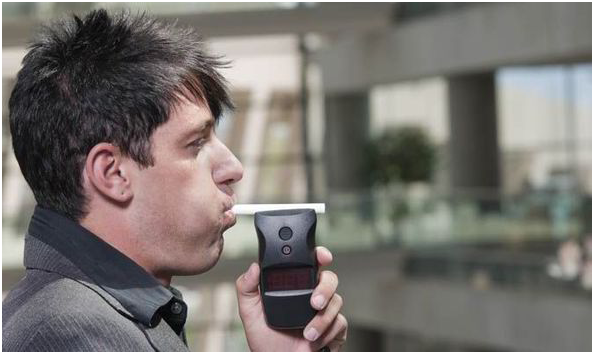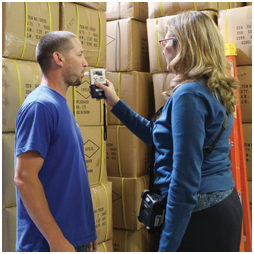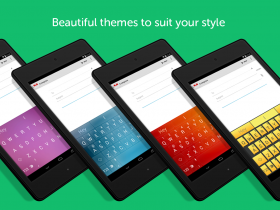Gone are the days when applying for a job was as simple as sending in our job application and resume and being interviewed. These days, many employers require more than just an application letter and resume.
To be extra certain that the right people are hired and not just someone with the skills, many employers now require job candidates to go through a pre-employment medical and functional assessment;pre-employment screenings such as the applicant’s general knowledge (e.g. solving maths problems), aptitude screening to measure the applicant’s skills and ability to learn future skills, psychological screening (e.g. how would he/she handle a difficult customer); as well as the different types of employment checks (i.e. employment history check, references, social networking (Facebook, LinkedIn and Twitter) and Internet searches, credit checks (if relevant to the job), and alcohol and drug testing.

As expensive, time-consuming and nerve-racking as these pre-employment screenings can be, they can be a positive sign that your job application has made it past the first stage and the employer considers you a serious contender for the job.
Types of Alcohol and Drug Tests used by Employers
The different types of alcohol and drug tests employers may use are:
1) Pre-employment tests (to use the results to determine whether to hire or not);
2) reasonable suspicion and for-cause tests (e.g. when there is a pattern of unsafe work behaviour);
3) random tests (to discourage employees from using alcohol and drugs);
4) post-accident tests (when an employee has been involved in an accident or unsafe work practice).
Equipment for Alcohol and Drug Tests
A simple urine drug screen or oral fluid (saliva) testing can test for drugs such as cannabis, amphetamines, methamphetamines, opiates, benzodiazepines, metabolites, cocaine and PCP (angel dust).
As far as testing for alcohol in the body, all the employer needs is an in-house alcohol breath tester. These workplace breathalysers meet Australian Standards, so are highly accurate and durable alcohol breath testers that are perfect for the workplace.
They have features such as user-friendly touch screen, Bluetooth printer connectivity, internal memory and data capacity, etc.These features make it easy to efficiently and effectively conduct regular random breath tests on employees; therefore, avoiding long down times on production.
Some suppliers of workplace breathalysers also provide breathalyser rental, breathalysers training and management. Some of these workplace breathalysers’ are eligible for extended 5 year warranties.

Why have an in-house Breathalyser and why Conduct random Breath Tests?
Firstly, employers have an obligation to their employees to keep them safe in the workplace. One way of keeping employees safe is to ensure that everyone at work is sober, especially when they have to operate machinery. Should an accident or incident occur due to a drunk employee, the employer could be held accountable for not preventing the employee from working when drunk.
Furthermore, employers have a reputation to uphold to customers. If they have employees that come to work drunk, it would not only tarnish their reputation but they could also lose many customers as a result. Drunk employees are not as alert as sober employees, so they could make many mistakes while on the job; thus negatively affecting the company’s overall performance and reputation amongst their customers, peers and competitors.
Why not be seen as the company that is pro-active in preventing alcohol and drug use at the workplace instead of one that is turning the blind eye?
























